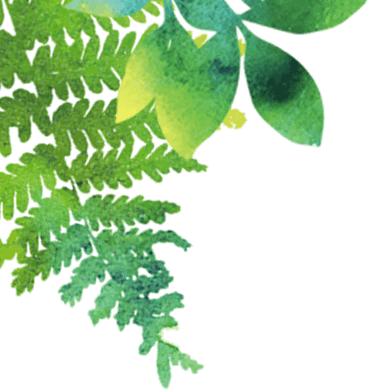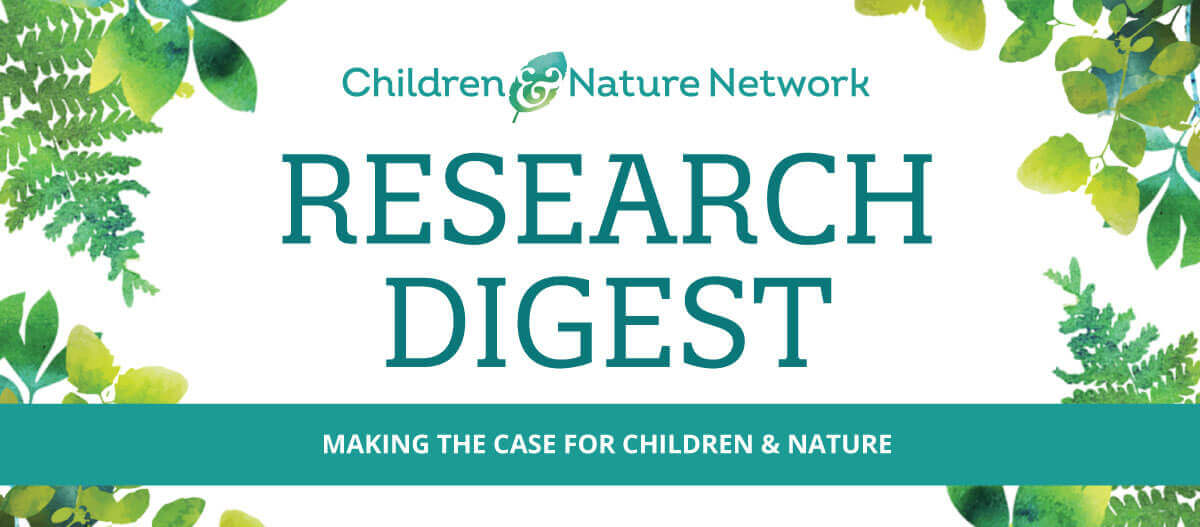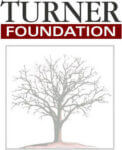THEME ONE: Indigenous peoples’ sovereignty and knowledge systems
A critique of both formal and nonformal outdoor and environmental education programs indicates that it’s not unusual for curricula and practices to reinforce the idea that Indigenous knowledge is primitive and in need of improvement. Such programs tend to socialize students into settler colonialism and the erasure of Indigenous culture.
The following recommendations and related studies address this concern and call for attention to and appreciation of Indigenous peoples’ sovereignty and knowledge systems
1. Integrate native children’s culture into their formal educational curriculum.
Indigenous Māori culture includes a strong connectedness to place and a deep spiritual relationship with the natural world
A critique of current forest school models used in Aotearoa, New Zealand indicates that they lack pedagogical connections with the historical, cultural and spiritual meanings that forests and other aspects of the natural environment may carry for Māori children. A newly revised curriculum for Aotearoa makes traditional Māori worldviews integral to the education of young children. The new curriculum, if incorporated into the imported forest schools, could give meaning and contextualized authenticity to those schools.
Alcock & Ritchie, 2018. Early childhood education in the outdoors in Aotearoa New Zealand.
Access Study
Integrating Maya environmental knowledge into formal academic lessons promotes social justice and the wellbeing of a community
A curriculum developed by a team of educators, researchers and other community members in Belize integrates traditional Maya environmental knowledge into academic lessons. The implementation of this curriculum in a formal education setting provides opportunities for Maya students to reach their full potential within their environment and equips them with tools needed to address potential threats to their desired ways of life.
Baines & Zarger, 2017. “It’s good to learn about the plants”: Promoting social justice and community health through the development of a Maya environmental and cultural heritage curriculum in southern Belize.
Access Study
2. Include Indigenous voices and perspectives in planning programs, pedagogy and protests.
Addressing settler colonialism and Indigenous erasure in educational programs requires the incorporation of Indigenous perspectives
Brooks et al., 2023. “We should have held this in a circle”: White ignorance and answerability in outdoor education.
Access Study
Indigenous involvement contributed to the development of a nature kindergarten reflecting Aboriginal ways of knowing
Elliot & Krusekopf, 2018. Growing a nature kindergarten that can flourish.
Access Study
A sustainable development curriculum developed in collaboration with an Indigenous community increased students’ sense of place
Li & Shein, 2023. Developing sense of place through a place-based Indigenous education for sustainable development curriculum.
Access Study
A “two-eyed seeing” approach can support Indigenous self-determination and “wholistic” health
Riley et al., 2023. Etuaptmumk (Two-Eyed Seeing) in Nature’s Way-Our Way: Braiding physical literacy and risky play through Indigenous games, activities, cultural connections, and traditional teachings.
Access Study
Inuit-articulated interests and priorities contribute to place-based education for Indigenous children
Rowan, 2017. Rethinking relationships with curriculum by engaging with foxes and sharing stories in early childhood spaces.
Access Study
Intergenerational visual storytelling can address issues relating to Indigenous rights and sovereignty
Spiegel et al., 2020. Visual storytelling, intergenerational environmental justice and Indigenous sovereignty: Exploring images and stories amid a contested oil pipeline project.
Access Study





